
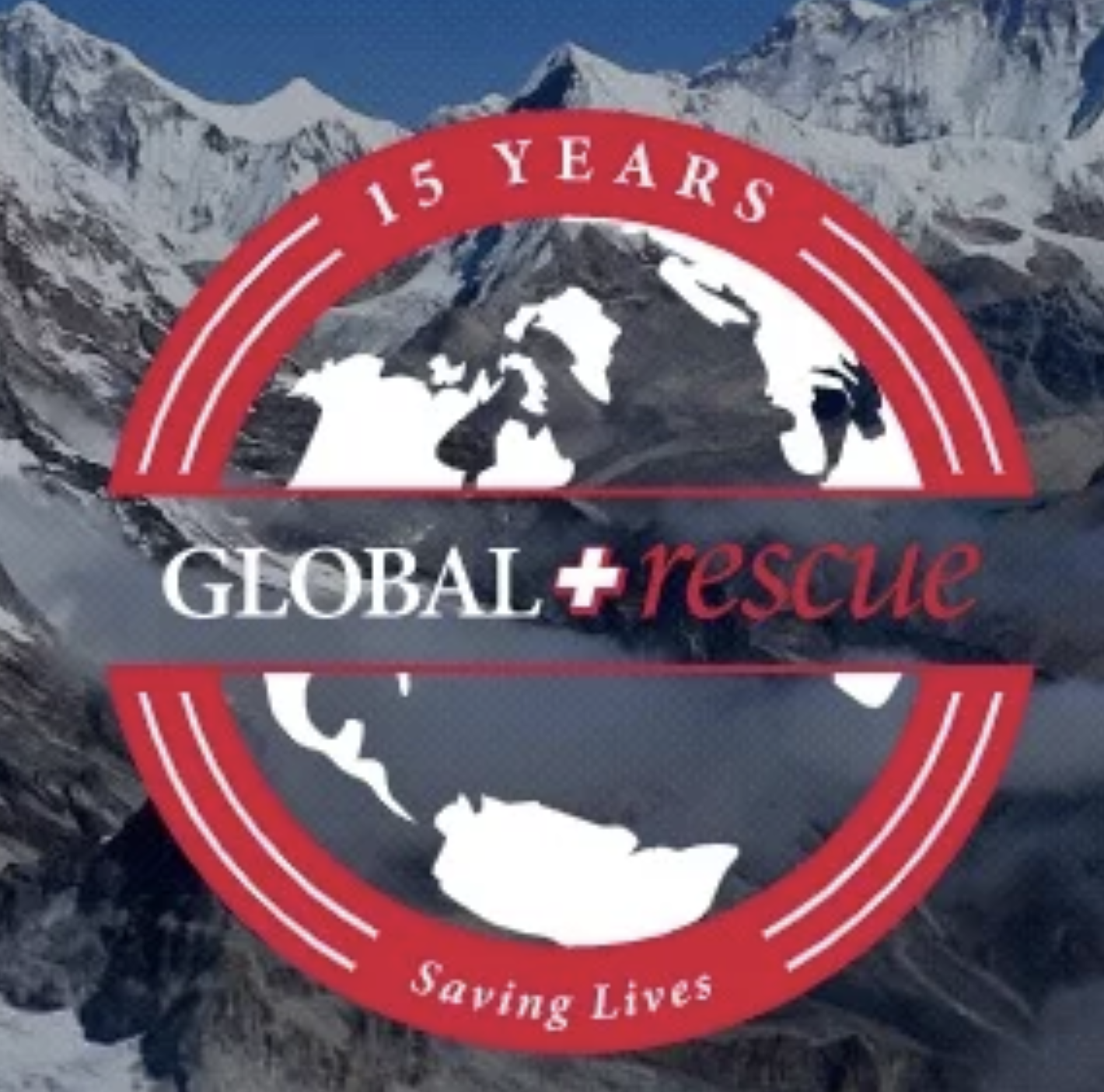
Global Rescue joins African Tourism Board with a simple mission
Global Rescue joined the African Tourism Board showing emphasis on their medical, security, evacuation, travel risk and crisis management services to the African continent. Global Rescue is the world’s leader for such services since its founding in 2004. Their services are delivered anywhere by their teams of critical care paramedics, physicians, nurses, and military special operations veterans.
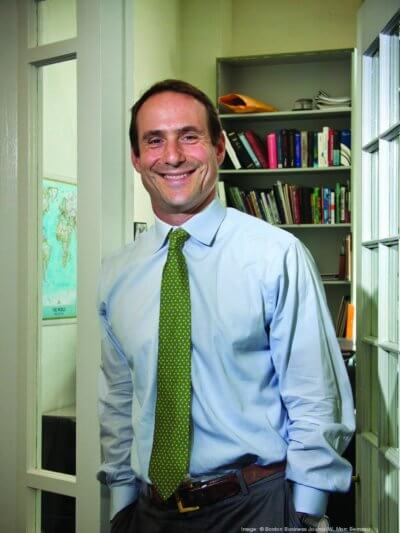
“Global Rescue is proud to join the African Tourism Board and bring the Safe Travel Partner Program to ATB members. The STPP improves the safety and resilience of destinations by applying safe travel best practices, assets and resources. This can be used a differentiator in the marketplace by destinations that take the safety of their travelers seriously and are willing to make the investment to provide for that safety” said Global Rescue CEO and founder Dan Richards.
Celia Chase, VP Marketing added: “Our medical advisory and evacuation services include exclusive relationships with the Johns Hopkins Department of Emergency Medicine Division of Special Operations, Elite Medical Group and Partners HealthCare. Our track record has made us the chosen provider to government agencies and some of the world’s largest companies, universities, nonprofits, and tour operators. With our Destination Safe Travel Program, Global Rescue will assess, plan and operationalize a plan to improve the perception of a destination by making it a safe travel location in the minds of consumers and partners.
“Our mission is simple – to be there when it matters most.”
African Tourism Marketing Corporation chairman Juergen Steinmetz said: “We’re excited to work with Global Rescue and thank them for their investment to put the African Continent on their map. It will help to make Africa’s tourism product safer and more attractive for the American Visitor and beyond.”
Founded in 2018, the African Tourism Board an association that is internationally acclaimed for acting as a catalyst for the responsible development of travel and tourism to the African region.
More on Global Rescue: www.globalrescue.com/ More on African Tourism Board www.africantourismboard.com
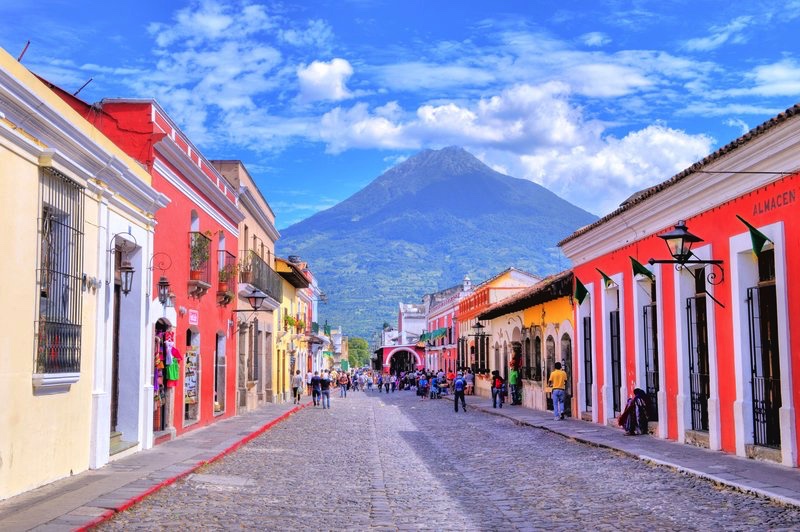
Guatemala partners with UNWTO to launch Sustainable Tourism Observatory
The new Observatory is located in the city of La Antigua Guatemala, a UNESCO World Heritage Site and a leading tourism destination. Led by the Instituto Guatemalteco de Turismo (INGUAT) and supported by the Guatemalan government, the Observatory will periodically collect data and scientific evidence as it monitors the effect tourism has on the historic city. This data will then be used to assess how tourism can best be used to help drive sustainable growth and development.
“We warmly welcome Antigua´s entry into our global network of observatories. This demonstrates Guatemala’s strong commitment to tourism as a force for good,” said UNWTO Secretary-General Zurab Pololikashvili. “The Observatory will generate more and better evidence of the economic, environmental and social impacts that tourism has on Antigua and the surrounding area. This will facilitate decision-making so that tourism can continue to drive sustainable development.”
The establishment of the new Observatory was announced during the 64th meeting of the UNWTO Regional Commission for the Americas, also held in Antigua (15-16 May). Moving ahead, the Observatory will work with an interdisciplinary group of local experts. This commitment to the input of local stakeholders is a key feature of the INSTO Observatories around the world.
Jorge Mario Chajón, Director General of INGUAT, adds: “This project will have a real multiplier effect, maximizing the economic as well as the social benefits that tourism brings. We welcome the opportunity to partner with UNWTO and work together to make tourism a key part of the 2030 Agenda for Sustainable Development.”
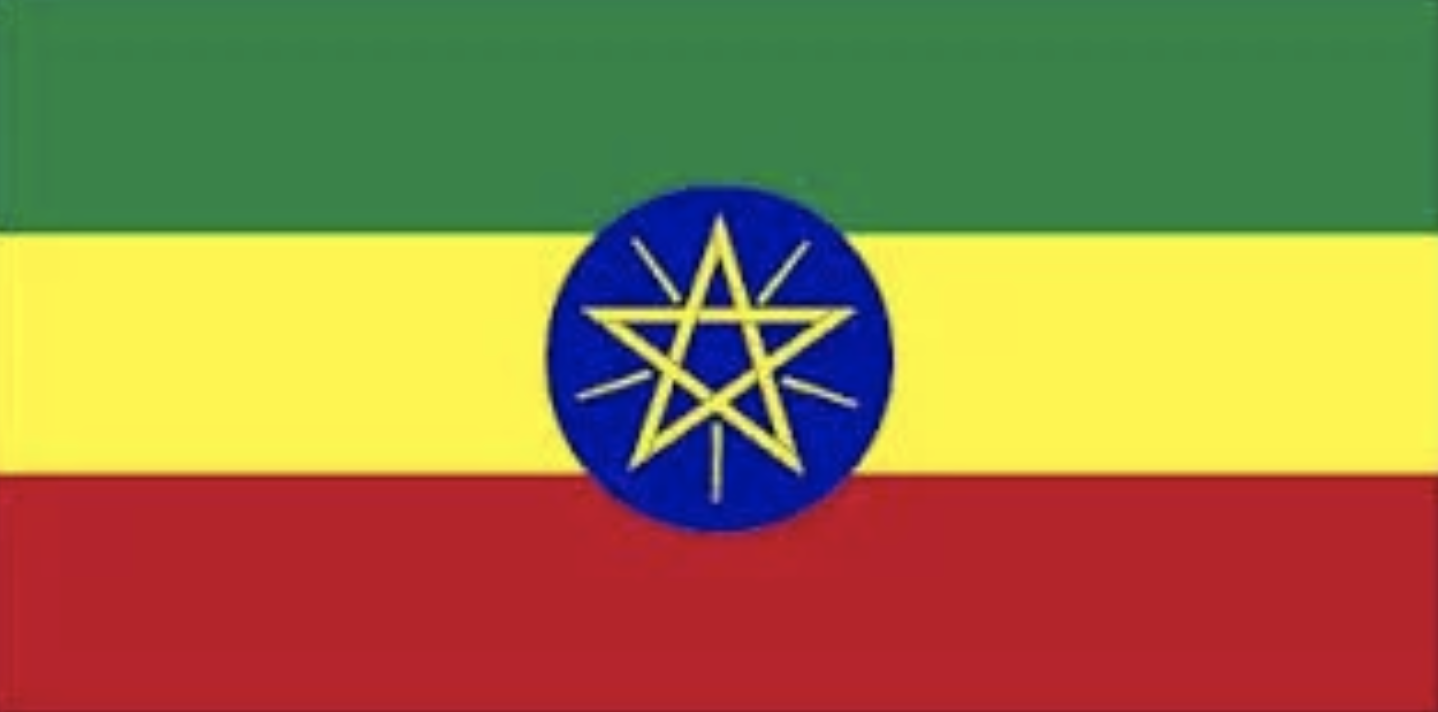
Tourism Ethiopia joins African Tourism Board
Today Tourism Ethiopia joined the African Tourism Board as an observer.
Tourism Ethiopia (TE) is a national organization under the Ministry of Culture and Tourism;
The mission Tourism Ethiopia has is to transform tourism of the country in general by developing tourism products to world standards and marketing them to the global market.
In charge of the new cooperation with ATB is Musa Kedir, the Tourism Destination Development Senior Officer
Ethiopia is one of Africa’s most beautiful countries and its landscapes are epic in both scale and beauty. Here is a place where you can trek more than 3000m above sea level (the Simien and Bale mountains) or visit the lowest place on the African continent, the Danakil Depression. In between, there are lush highlands and stirring deserts, vertiginous canyons and sweeping savannah, vast lakes and high plateaus. If you look hard enough, you’ll also find landmarks of great significance, from the source of the Blue Nile to, again, the mesmerizingly desolate Danakil Depression, peppered with an astonishing 25% of Africa’s active volcanoes.
Ethiopia, the only African country to have escaped European colonialism, has retained much of its cultural identity and its story is one of Africa’s most fascinating. It all begins with Lucy, one of our most celebrated ancient ancestors, moves effortlessly into the realm of ancient Aksum with its obelisks and echoes of the Queen of Sheba, and then takes on power and passion as Christianity, with mysterious echoes of Ancient Israel, takes center stage. And unlike so many other places in Africa, the ancients here left behind some extraordinary monuments to faith and power which serve as focal points for so many wonderful journeys.
When it comes to human cultures, Ethiopia has an embarrassment of riches. There are the Surmi, Afar, Mursi, Karo, Hamer, Nuer and Anuak, whose ancient customs and traditions have remained almost entirely intact. Venturing into these communities and staying among them is akin to receiving a privileged initiation into a forgotten world. A highlight of any trip here is witnessing one of the many festivals that are an integral part of the traditional culture, from age-old ceremonies marking rites of passage to Christian celebrations of singular passion, the impact upon those who witness such events can provide travel memories to last a lifetime.
The government in Ethiopia decided in 2013 that tourism could generate jobs, income and wealth just like any other economic sector.A tourism transformation council was established to provide direction to the industry and the ETO was created to handle marketing, promotion and product development.The tourism push coincided with a massive upsurge in foreign investment from China, India, Turkey and other nations that boosted GDP to annual growth rates of around 10%.With the Ethiopian economy going like gangbusters, tourism is slowly but surely moving toward the great expectations generated more than half a century ago.Several members of the private industry from Ethiopia already joined African Tourism Board.
CEO Doris Woerfel said: “We’re excited to work with Tourism Ethiopia in making Africa one tourism destination. Ethiopia brings so many new opportunities to promote tourism to Africa.”Founded in 2018, the African Tourism Board is an association that is internationally acclaimed for acting as a catalyst for the responsible development of travel and tourism to, from, and within the African region. For more information and how to join, visit africantourismboard.com.
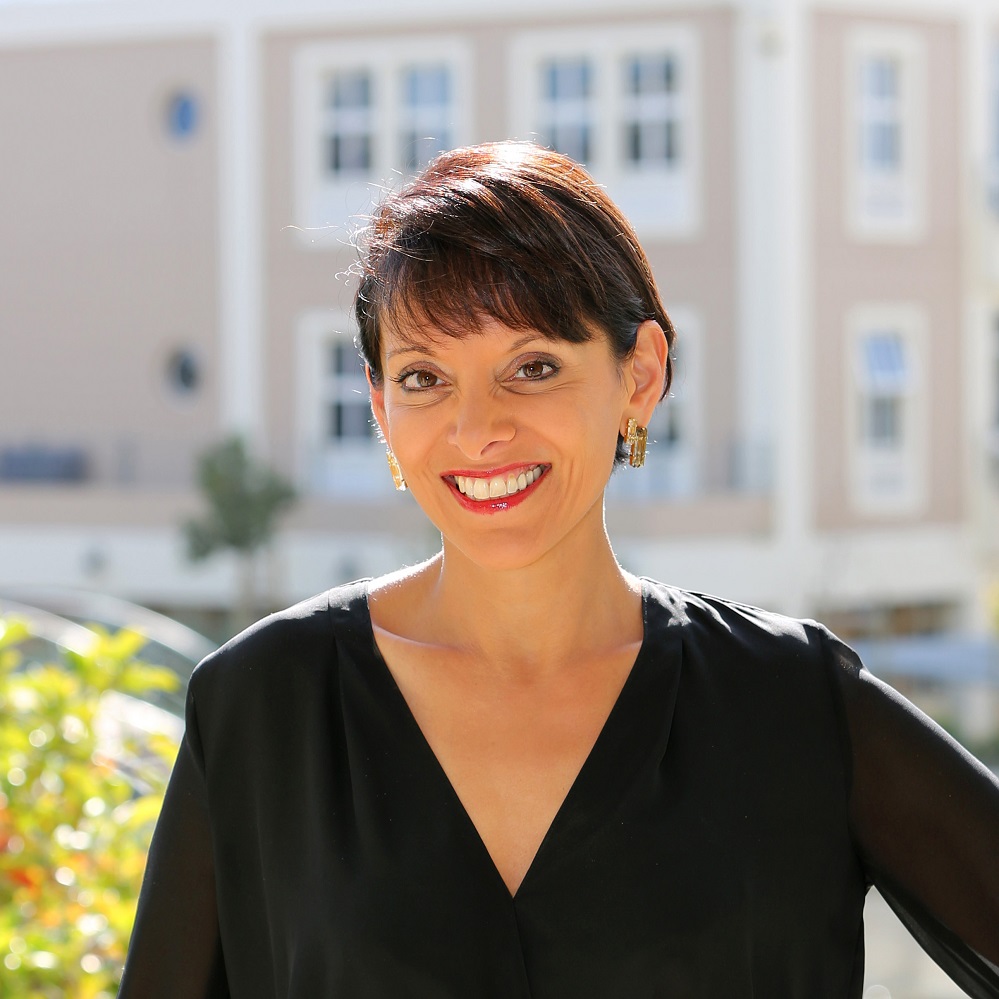
Anita Mendiratta Recognised By IIPT on United Nations International Day Of Living Together In Peace
Today, the 16th of May, is recognised globally as United Nations’ International Day of Living Together in Peace. It’s a day for “mobilising those in the international community to promote peace, tolerance, inclusion, understanding and solidarity”. It’s a day for all of us to unite, sharing in our differences and diversity, to encourage reconciliation and build a sustainable world of peace.
Peace is always the goal. On this day, the United Nations seeks to promote a world of peace and non-violence through understanding. Today, and tomorrow – when the topic is no longer on the official agenda.
The International Institute For Peace Through Tourism (IIPT)’s mission is to promote peace through tourism’s ability to connect people, places, and possibilities. It hasn’t changed since 1986, even as the world around it, and peace itself, has taken on new challenges and meaning.
With our world’s evolving challenges, the way we approach peace must change. The world is changing. An increase in violent extremism, including attacks on tourism destinations and icons, has begun to shift the public’s perception on what, and where, is safe. Across the globe, cities thought of safe and removed from conflict are now targets.
The IIPT believes firmly that now more than ever the tourism industry offers all of the ingredients needed to achieve peace – but we must also have those individuals who are willing to bring people together, to facilitate international cooperation, and to ensure that the tourism industry initiates and facilitates sustainable practices to better the communities around them.
To reflect peace in the modern world, and our need for individuals who can foster the ideals of peace through tourism at a higher level, we have named Anita Mendiratta, Founder and President of CACHET Consulting and Special Advisor to the Secretary General of the UNWTO, as IIPT Peace Ambassador-at-Large for Global Relations.
Anita, a familiar, trusted and respected part of the global tourism community, has worked tirelessly yet discreetly for the last twenty years as a strategic advisor in Tourism & Development. Her ability to break through conflict to help governments and businesses realise their shared aspirations is a much needed skill-set in today’s world. Her work in crisis response and recovery after social unrest, terror attacks and natural disasters, and innate ability to simply connect people around shared desire to make tomorrow better than today, makes her uniquely qualified to represent the IIPT.
As expressed by IIPT Founder and President Louis D’Amore, “The IIPT is deeply honored that Anita has accepted to be the IIPT Ambassador for Peace at Large for Global Relations. Anita has worked closely with leaders of the industry in regions throughout the world as well as with leaders of major international organizations, gaining their respect and trust in every instance. This, combined with her in depth knowledge of global tourism enables Anita to assist IIPT in achieving further success in promoting ‘Peace through Tourism’ in its various dimensions and to support further initiatives towards IIPT’s vision of tourism becoming the world’s first global Peace Industry.”
Today, on the UN International Day of Living Together in Peace, we are excited to announce Anita officially taking on this role, combining our energies to work for a world where our differences and diversity are celebrated, where tolerance and understanding is commonplace, and where peace is not only achievable – it is realised.
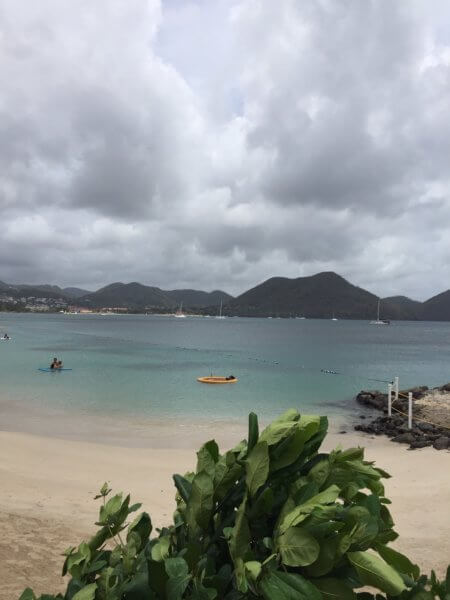
Safer Tourism in St.Lucia: Dr. Peter Tarlow feels a sense of sophistication
Safety in tourism is key to a successful destination. Destinations like Saint Lucia in the Caribbean know this and stakeholders reached out eTN affiliate safertourism.com to conduct an initial audit on the safety and security situation of the countries travel and tourism industry. Safertourism.com is a joint partnership between the eTN Corporation and Tourism and More under the leadership of Dr. Peter Tarlow.Dr. Peter Tarlow is considered a leading expert in tourism security. He arrived in Saint Lucia yesterday to explore and evaluate how safe Saint Lucia is for visitors.Saint Lucis is considered a safe destination by the U.S. State Department, Canada, and European Countries, but Muggings have occurred in areas frequented by tourist and petty crime, such as pickpocketing and purse snatching, occurs and increases with the approach of annual festivities, such as:
- the jazz festival in May
- carnival celebrations in July
- the winter holiday season.
Saint Lucia is an Eastern Caribbean island nation with a pair of dramatically tapered mountains, the Pitons, on its west coast. Its coast is home to volcanic beaches, reef-diving sites, luxury resorts, and fishing villages. Trails in the interior rainforest lead to waterfalls like the 15m-high Toraille, which pours over a cliff into a garden. The capital, Castries, is a popular cruise port.
Dr. Tarlow reports from St. Lucia: “Today was our first real day in St Lucia. There is no doubt that this a beautiful island. It is a land filled with tropical forests, carpeted with fields of flowers, covered with mountains that seem to hug the sea, and at the same time touch the sky. The landscaper reminds an observer of a mixture of the Brazilian jungles set in the context of the lushness of Hawaii. Many of the coastal coves are filled with magnificent yachts, and the landscape is dotted with millionaires’ homes. I would call our hotel a place of “elegant quiet”. Unlike so many of the Caribbean’s vac
ation centers, there is an understated sense of sophistication here, a place of chirping birds set against a background of white tablecloths, a land of classical music and jazzToday I visited several hotels, beaches, and marinas. I was struck by the warmth of the smiles coupled with tourism officials’ willingness to be both honest and transparent. As in any new country trying to find its way in the world, there are political disagreements, the reality that socialized medicine simply bankrupts a nation, and in the end, it is the poor who pay the price, and the realization that fatherless families produce unhappy people. These issues are of course not unique to St. Lucia; they are universal. However St Lucia is small, everyone seems to know everyone else, and thus big problems seem even bigger here.Despite these universal problems, St Lucia has great tourism potential. Its weather is as warm as its people, its landscapes sweep into the shimmering sea, its scenery alternates between that of desert-like to that of a lush rain forest, and its cuisine mixes the best of the Caribbean. The goal then will be to transform its challenges into universal blessings for both its visitors and citizens. No easy task, but a worthwhile battle to fight.Happy Mother’s Day from St. Lucia. Tomorrow I continue my listening tour.
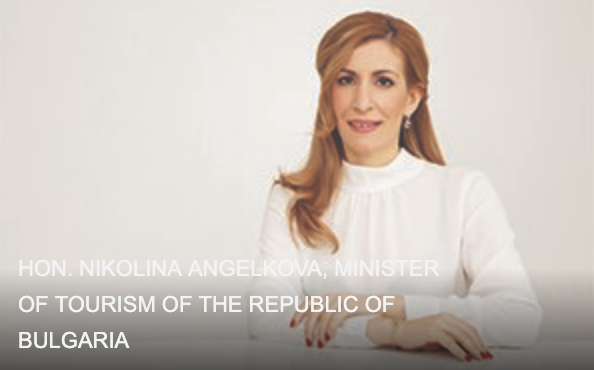
Investing in Tourism Sustainability Conference: Dr. Taleb Rifai Chair
The inaugural Investing in Tourism Sustainability Conference will open in Sunny Beach, Bulgaria Ma 30-31. It will focus on investment in tourism in Bulgaria and Southeast Europe.
The Tourism Sustainability Conference will serve as a Tourism Investment platform bringing together Policy Makers, Tourism Ministers, Project Owners, Investors, and the tourism and hospitality business sectors from Bulgaria, Southeast European countries and global tourism stakeholders.
The event will be hosted by the Ministry of Tourism of the Republic of Bulgaria in partnership with ITIC and InvesTourismwhich is under the Chairmanship of Dr. Taleb Rifai the Former Secretary-General of the UNWTO
It will contribute to shaping the future of travel and tourism by opening new business opportunities through innovative moves. This event will be focused on tourism development and investment in Bulgaria and Southeast European countries while addressing the issues and challenges faced by the region.
The inaugural of this Conference in Sunny Beach, Bulgaria will attract over 400 public and private sector leaders interested in investment and development of the travel and tourism sector as a prime engine for future economic growth and as a model that can promote self-employment among the local communities in both Bulgaria and Southeast European destinations.
As pointed out by Hon. Nikolina Angelkova, Minister of Tourism of the Republic of Bulgaria: “Tourism in this region of Europe is growing rapidly with over 120 million tourists in 2018 and total tourism receipts of USD 118.8 billion which accounted for around 11.7% of total GDP for the Southeast Europe countries. Bulgaria alone attracted over 9.2 million tourists and total tourism receipts was USD7.6 billion last year. Moreover, the enormous development potentials lying untapped within Southeast Europe represents a grand avenue for new investment opportunities within travel and tourism acting as prime engine of future economic growth and as a model of development that can promote self-employment among the local community in both Bulgaria and the Southeast European destinations.”
The conference will also be a forum for participants to discuss opportunities of mutual interest and initiate potential partnerships and alliances in investments in sustainable tourism developments up to projects’ fruition.
The conference has garnered high interest in the region and internationally and has attracted the participation of regional and Mediterranean Tourism Ministers namely:
- Mr. Gari Capelli, Minister of Tourism of Croatia
- Mrs. Elena Kountoura, Minister of Tourism of Greece
- Mr. Rasim Ljajić, Deputy Prime Minister and Minister of Trade, Tourism and Telecommunications of Serbia
- Mrs. Majd Shweikeh, Minister of Tourism and Antiquities of Jordan
- Mr. Kreshnik Bekteshi, Minister of Economy Republic of North Macedonia
- Mr. Haitham Mattar, CEO Ras Al Khaimah Tourism Development Authority
- Mrs. Rania Al-Mashat, Minister of Tourism of Egypt
- Mr. Konrad Mizzi, Minister of Tourism of Malta
This demonstrates the high level of commitment and involvement of the respective Governments and Policy Makers to develop the tourism industry as the Key engine of growth of the economy in this region.
The other main guests will feature Her Royal Highness Princess Dana Firas who is also the President of the Board of Directors of the Petra National Trust and a UNESCO Goodwill ambassador, Dr. Taleb Rifai, Former Secretary-General of UNWTO. The Conference will also a line-up of high-caliber speakers and delegates such as Tourism Leaders, International Hotel Brands, Tourism Project Owners (SEE) having new projects to showcase, Investors, Investment Banks, Private Equity Firms to network and making new partnerships.
The event will be moderated by Rajan Datar, an award-winning broadcaster and presenter of the BBC.
The Partners of the events are the Ministry of Tourism of Bulgaria, ITIC, InvesTourism and Helena Resort.
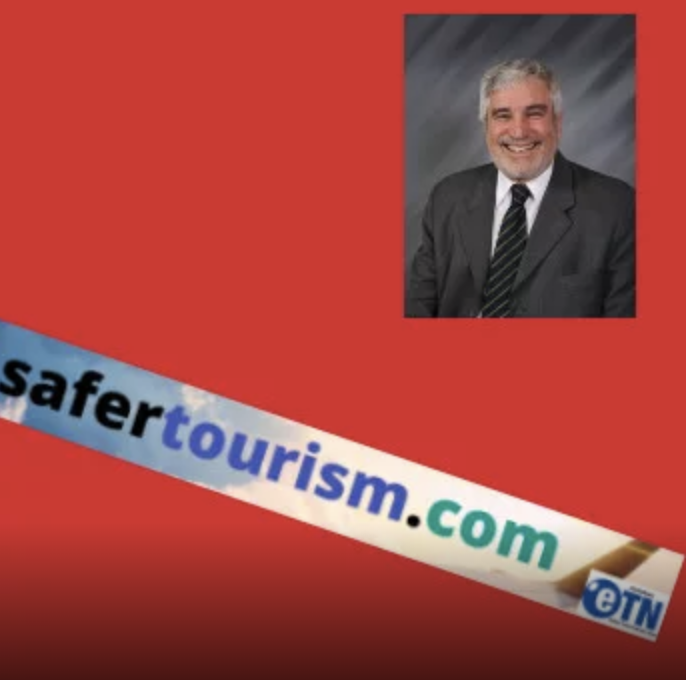
Safertourism.com: Tourism Security will be an issue in 2020
The 26th Las Vegas International Tourism Safety and Security Conference in 27 years was concluded last week. Next year a whole new concept of tourism security conferences is in the making.
The new face in 2020 will reflect the changing times as tourism security continues to be an issue around the world.
The weekly riots in Paris and the recent terrorist attacks in Sri Lanka demonstrate once again just how sensitive the tourism and travel industries are to the needs of security and safety (S&S). Professionals in S&S debate these issues with a great deal of emotion not only among themselves but also with their colleagues from all aspects of the travel and tourism industry. Slowly the travel industry’s many components are becoming ever more sensitive to the fact that every S&S decision is a business decision. Because not everyone can attend a tourism conference in this month’s issue of Tidbits, we present to you some of the ideas regarding tourism and security developed over the past two decades.
The ideas found below, come from past conferences and are meant to stimulate creative thought among those who work in the travel industry. These suggestions are not meant to be specific for any one particular locale or business nor are they an exhaustive list of problems or solutions. When thinking about security for your place of lodging, community or tourism business, consider some of these ideas:
-Define the problem(s). All too often tourism and travel professionals are so overwhelmed by issues of S&S that they fail to define which problems are central for their locale or business. At past tourism conferences some of the major safety and security problems the delegates defined were: the need to protect tourists not only from crimes against them but also from acts of terrorism. Delegates addressed safety issues such as: outbreaks of infectious diseases such as meningitis, ways to protect tourists from legionnaires disease and aids, methods to assure pure food and water. Speakers and delegates from around the world agree that for tourism to prosper, it must create travel possibilities in which the problems such as: diarrhea and typhoid cease to threaten the visitor. The delegates also recognized that the hospitality industry needs to be prepared to deal with natural disasters such as earthquakes and floods, as well as man-made problems such as traffic accidents and equipment failures. It was suggested that as the world is so varied, that tourism professionals must define those problems that are most pressing for their own region and/or business and develop methodologies that fit local budgets and cultures.
-Identify problems that will impact tourism/travel moving into the third decade of the twenty-first century. Not only should current problems be addressed but it behooves the S&S professional to anticipate problems that may not yet have occurred. Past Conference speaker have identified some of the problems that may also be future problems. For example, over the past years speakers and delegates have spoken about the need to insure consumer privacy while still maintaining a proper level of safety and security, determine what are acceptable levels of risk, develop cross-cultural safety and security standards, and demonstrate the impact of safety and security to administrator’s worried about profitability. The issue of personal privacy has become especially important in an age of cyber breaches and identity theft.
– Relate issues of safety and security to travelers’ choice of destination. To demonstrate the importance of S&S to the bottom-line, S&S professionals need to demonstrate how safety and security issues impact the traveler’s choice of destination, develop correct and universally accepted measurement standards and be prepared for a range of threats such as: attacks by youth gangs, political conflicts that become acts of violence against the travel and tourism industry, acts of money laundering, internet fraud, and ever-evolving high-tech crimes.
– Determine who has responsibility to protect, inform, and to educate the public. All too often, the travel and tourism industry has simply assumed that S&S is someone else’s responsibility. Over the almost past three decades our speakers have spoken about issues such as:
- Do S&S responsibilities fall only to private enterprise or should governments also be involved?
- How much victim assistance should hotels, attractions and restaurants provide when an incident occurs?
- Does the tourism industry have a right to seek assistance from other sources such as governments and still maintain its independence as a private industry?
- Is the tourism industry private, public or a hybrid industry?
- Who should define and implement travel and tourism victim protection and assistance?
- Who will oversee the implementation of these policies and determine if they are effective?
Regarding tourism safety and security past speakers have also formulated such concerns as:
- How much about a security situation should be made public?
- How is a balance created between educating the public, working with the media and still not harming the local travel and tourism industry?
The above questions are important research topics and it has been the conference’s hope that the ideas expressed in this current conference and in years passed will lead to a number of practical solutions including:
- The need to train all people working in the travel and tourism in matters of safety and security, whom and how much training is needed?
- Assuring that travel and tourism officials understand the risks involved in ignoring these problems,
- Sensitizing law enforcement agencies and the media to the issues of travel safety and security,
- Developing model crisis plans, devising and adopting international signs and pictograms that relate to tourism safety and security,
- Developing an inventory of the best practices in the field,
- Studying and then implementing “victim advocacy” programs as used in the travel and hospitality industry from around the world.”
The challenge to the travel and tourism industry will be to translate these ideas into actions, and to take turn the hope of a safer and more secure tomorrow in to a reality. In 2020 tourism security will enter will be prepared to create new lessons and ways that tourism professionals can meet not only the challenges of yesterday but also of tomorrow.
More on Dr. Tarlow and travel & tourism security: www.safertourism.com
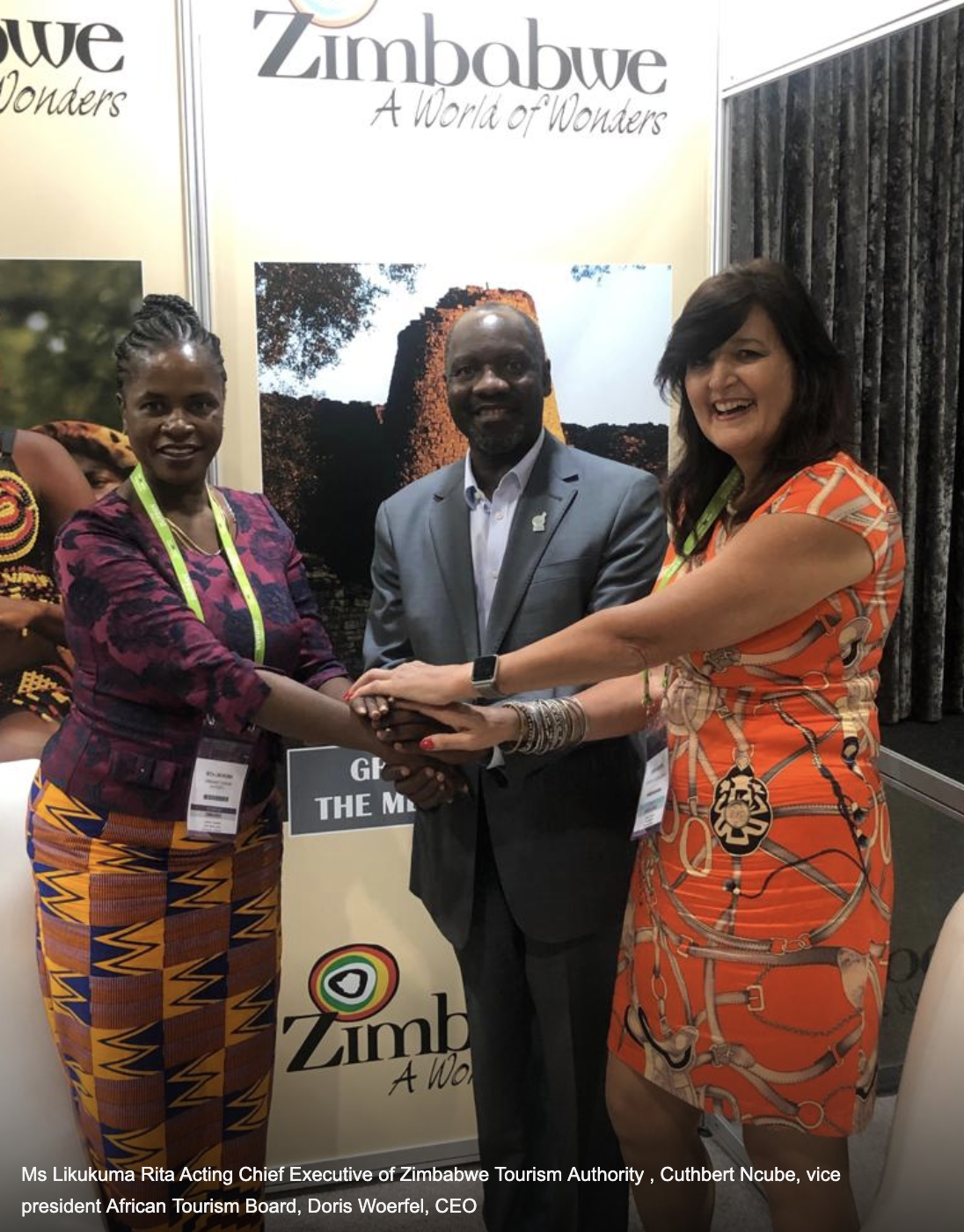
Zimbabwe Tourism invites African Tourism Board leaders to a fact-finding mission
African Tourism Board leaders were invited to Zimbabwe for a fact-finding mission and were afforded the opportunity to participate in a discussion with the Zimbabwe Minister of Tourism, Priscah Mupfumira.
This was discussed yesterday with Ms. Likukuma Rita, acting Chief Executive of Zimbabwe Tourism Authority; African Tourism Board VP Cuthbert Ncube; and ATB CEO Doris Woerfel at the Indaba travel industry show in Durban, South Africa.
Zimbabwe has a rich history of untapped tourism products like the Great Zimbabwe National Monument, and the ruins of Great Zimbabwe – the capital of the Queen of Sheba, according to an age-old legend. They are a unique testimony to the Bantu civilization of the Shona between the 11th and 15th centuries.
Likukuma Rita was passionate to work with the African Tourism Board on the Transfrontier Conservation Projects and other important developments close to Zimbabwe Tourism development.
The African Tourism Board VP voiced his excitement to closely work with Zimbabwe. He said, “The African Tourism Board is looking forward to Zimbabwe officially joining our board.”
Founded in 2018, the African Tourism Board is an association that is internationally acclaimed for acting as a catalyst for the responsible development of travel and tourism to, from, and within the African region. For more information and how to join, visit africantourismboard.com.
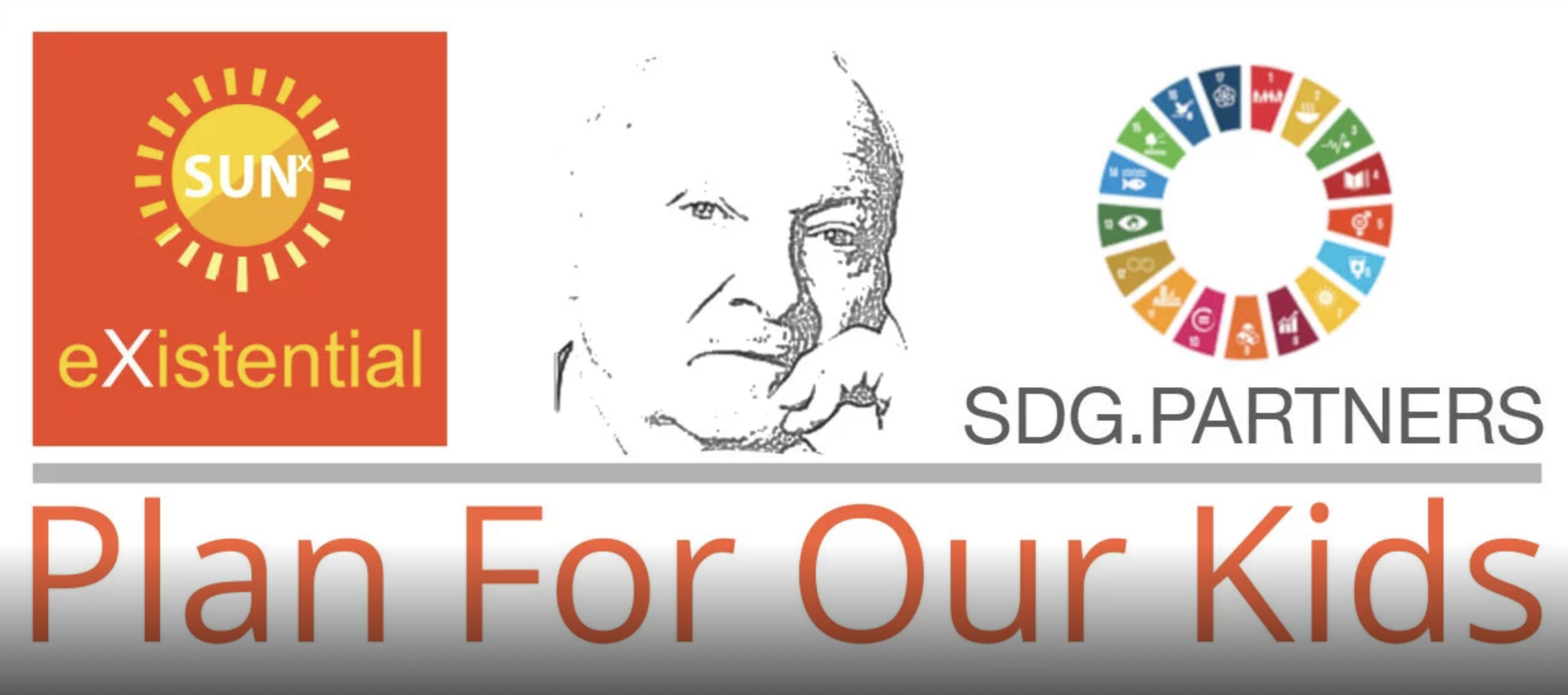
WISeKey, WISeCoin AG and SUNx – Strong Universal Network – sign partnership
WISeKey International Holding Ltd (“WISeKey “) (SIX: WIHN), a leading global cybersecurity, Blockchain and IoT company, WISeCoin AG and the SUNx – Strong Universal Network,announced today a partnership to jointly develop a special purpose Blockchain Center of Excellence in Brussels focusing on the development of standards and technologies to accelerate Climate Friendly Travel.
WISeKey Blockchain technology developed by WISeCoin creates a trusted decentralized and highly efficient way to record carbon emissions using digital identities on the blockchain. Recording all CO2emissions that occur globally and requiring emissions contributors to offset them by purchasing and revoking the corresponding amount of tokenized digital certificates eliminates the need for taxation. Furthermore, companies that have developed technologies that remove CO2 from the atmosphere will be able to register their impact on the blockchain and trigger the new emission of digital certificate tokens that will allow them to further invest in the technology. With this model it will be possible to generate new emission certificates, called WISeTravel Carbon Offset Tokens. In the case of shortfalls, the travel industry will invest into WISeTravel Carbon Offset Tokens in order to fulfill their requirements.
Professor Geoffrey Lipman co-founder of SUNx and President of the International Coalition of Tourism Partners (ICTP), a travel and tourism coalition of global destinations committed to quality service and green growth, said: “We are delighted to cooperate with WISeKey by using state-of-the-art technology to bring a new Blockchain and Identity capacity to the world’s largest challenge, Climate Change Resilience, and one of the world’s largest industries, – travel and tourism. The SUNx ‘Plan for our Kids’ climate friendly travel program calls for 100,000 STRONG Climate Champions by 2030 in all UN States. Through this collaboration we will be in a better position to deliver Climate Friendly Travel – measured, green, 2050 proofed, and meet the Paris Agreement Carbon targets.”
These technologies will help galvanize regional, national, and local stakeholders to develop their own climate change programs using blockchain technologies – for air, oceans, land, cities, industries, rural communities, indigenous people etc. Each with their own vision of priorities and goals. The partnership ultimately aims at transforming overall production, consumption, and investment and better align them with the 2030 The Sustainable Development Goals (SDGs) and the 2050 Climate transformation.
Carlos Moreira, Founder and CEO of WISeKey said: “One of SDGs goals that stands out from the rest and is fundamentally existential, is climate change. Simply put, life on our planet is threatened, and without immediate, concrete actions the consequences will be irreversible – future generations will either freeze or fry and the intensifying consequences of extreme climate will continue to severely aggravate many of the other SDG challenges. Our special purpose Travel & Tourism Industry Blockchain Center of Excellence in Brussels will not only develop and deploy groundbreaking products and solutions for the industry and consumers but also harness the power of technologies to act as a catalyst of change and climate transformation.”
The Paris Agreement, with its 2050 national carbon reduction targets must be fully implemented and intensified every 5 years. In 2017, the world’s largest industrial activity, Travel & Tourism, formally embraced the SDGs, engaging public, private and civil society stakeholders in an International Year of Sustainable Development. Rightly so, to become a real force for good, we must be up with the mainstream curve on building sustainability into all growth and development aspirations. The main challenge remains how to keep Climate Resilience front and center when travel and tourism continues to massively grow.
The Blockchain Center of Excellence in Brussels will be fully interoperable with WISeKey’s network of Blockchain Centers of Excellence in India, Canada, China, Buenos Aires, Malaysia, Mauritius and Rwanda with new centers planned in the MEA region, including two in Saudi Arabia. All these centers will be interconnected with its 3 main hubs: Geneva, Toronto and Beijing, a Trust Triangle operating under a Common Trust Protocol, using WISeKey’s PKI hardened Blockchain technology, bringing trust and security, while maintaining the core Blockchain values of transparency, auditability, and traceability. WISeKey’s implemented and integrated PKI solution is complementary to any Blockchain platform, where it can assist with developing a better trust model for use within a distributed system and create a universal Trust Protocol for the Web 2.0.
Like all other Blockchain Centers of Excellence, the new center in Brussels will assist local Blockchain startups to promote their technologies internationally, facilitate the rapid adaptation and on-boarding of Blockchain-based solutions, foster stronger collaboration between the public, private and academic sectors and cooperate to ensure that the latest technological standards are made available in a safe and trusted manner.
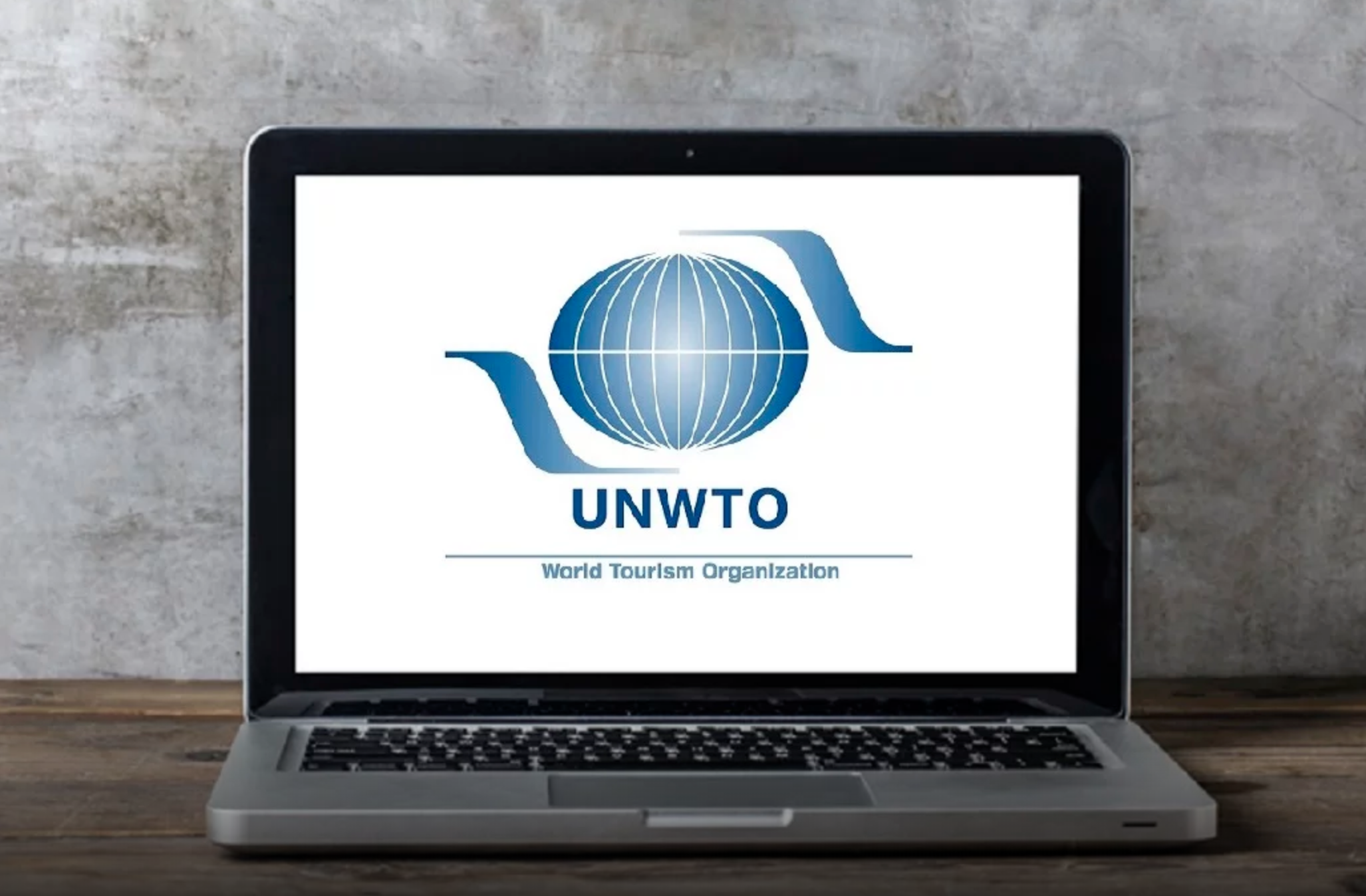
UNWTO partnership to develop digital tourism agenda
The application of new technologies such as Big Data and the Internet of Things are already leading to new uses and applications that will revolutionize services in the tourism sector and responses to new customer demands. For this reason, a new alliance places special emphasis on jointly addressing the challenges and opportunities that this technological change entails and initially takes concrete form in four specific lines of action.
Telefónica and the World Tourism Organization (UNWTO) have announced an agreement to collaborate in the development and implementation of digital entrepreneurship and training initiatives that allow the tourism sector to increase its competitiveness and strengthen its long-term sustainability. This agreement comes at a time of profound technological change that impacts all industrial sectors, where a commitment to innovation and transformation is essential.
First, both parties are committed to promoting innovation and digital entrepreneurship within the tourism sector through the creation of innovation forums, collaboration in open innovation programs with third parties, and public-private collaboration models focused on Open Innovation. The aim of these initiatives is to create the suitable spaces for the development of innovative ideas and outreach to all the actors involved.
New technologies will have an increasing role in the modernization and growth possibilities of the tourism sector and, therefore, both entities will launch initiatives aimed at the use of Internet of Things (IoT), Artificial Intelligence and Big Data, among others. Many of IoT’s solutions, such as Retail, help build customer loyalty by digitizing spaces that create a unique visitor experience. Or mobility solutions, which allow tourists to enjoy rental cars or car-sharing in a completely safe way. An enormous amount of knowledge is generated about the behavior of travelers through the sensors that make up the different IoT services, allowing us to offer them what they particularly need at any given moment.
On the other hand, the analysis of Big Data makes it possible to understand patterns of behavior to better address some of the challenges facing tourism in Latin America and Europe, and to draw relevant conclusions that influence decision-making and public policies. LUCA -Telefónica’s Big Data and AI unit- is already working with national and local tourism organizations in eight countries in Latin America and Europe through more than 40 projects.
Another important point of this agreement is to focus on Digital Education and Training, something essential in a new technological world in which jobs and skills are changing radically, affecting the employability and sustainability of businesses. In this sense, both entities will collaborate through the training platforms managed by Telefónica Educación Digital, such as Miríadax, to promote local and international courses on digital technologies and skills applied to tourism and aimed at different entities in the sector.
Lastly, Telefónica will lend its support to the UNWTO in the development of a specific Digital Agenda for the tourism sector guided by a set of very concrete objectives: to place new technologies at the service of sustainable growth, foster innovation and promote inclusive economic and social development.
The framework agreement between the two organizations has been signed in Madrid by Jaime Cabal, Deputy Secretary-General of the World Tourism Organization, and by Eduardo Navarro, Director of Communication, Corporate Affairs, Branding and Sustainability of Telefónica S.A.
During the signing, Cabal said that “innovation and digital transformation are among the priorities of the World Tourism Organization in order to provide additional impetus to tourism as an ally of sustainable development.” He added, “Together with Telefónica we can help our more than 160 Member States build their tourism innovation ecosystems and create digital tools that facilitate more efficient decision-making thanks to the use of Big Data, artificial intelligence and many other advances.”
For his part, Eduardo Navarro stressed: “This framework agreement is very important because the technologies are drawing the future of travel and tourism. Virtual and augmented reality, Big Data, cognitive intelligence and the Internet of Things will be a fundamental part of the tourist experience and Telefónica is a very important player in the provision of these services. The fibre networks deployed by Telefónica will also be decisive in making this a reality that will have an impact on the experience of users and on the services provided by the different players in the sector.”
